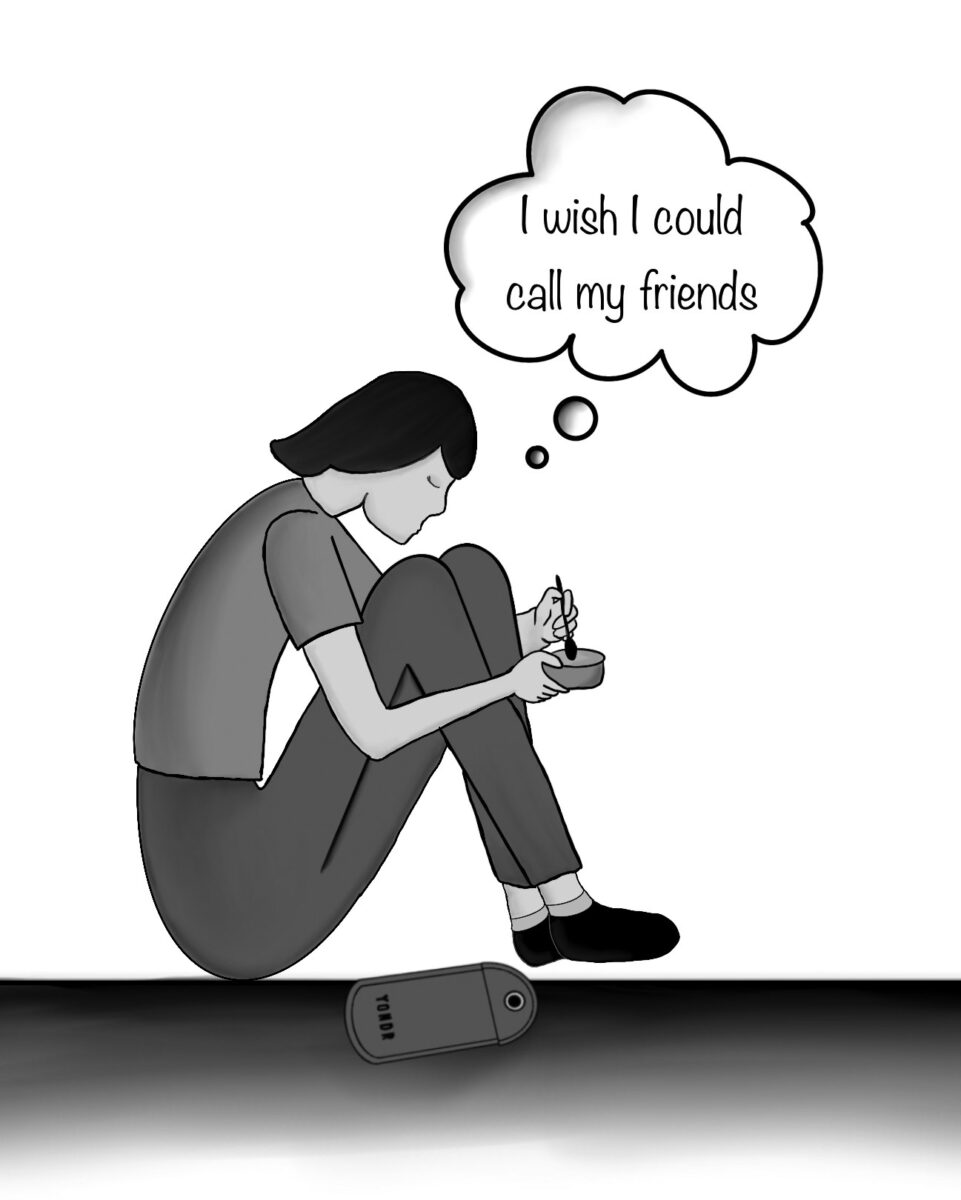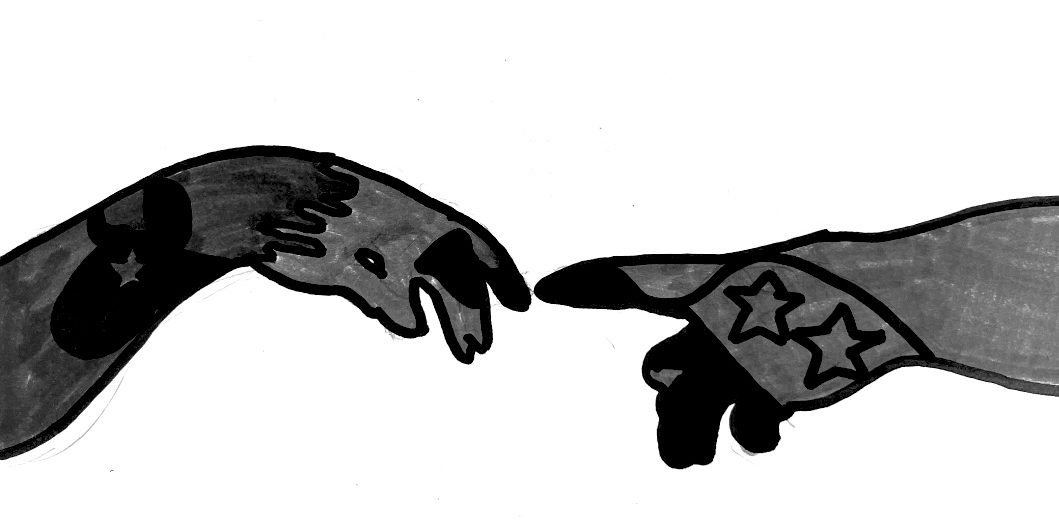As news of the massacre in Paris surfaced late Friday, Nov. 13, social media support for the city and the victims began to take different forms. Some people voiced their sorrow through Instagram and Facebook posts, writing short paragraphs to offer their support for victims.
“Pray for Paris.”
Others chose to voice their solidarity by posting a Snapchat image or covering their Facebook profile with a semi-opaque image of the red, white, and blue of the French flag.
“We stand with Paris,” many posts said.
“They supported us during 9/11, now we should support them,” others said.

But in the midst of the social media frenzy following the attacks in Paris, it seemed almost nobody discussed similar attacks that had taken place the day before.
In Beirut, Lebanon, on Thursday, Nov. 12, ISIS suicide bombers killed 44 innocent Lebanese civilians and wounded 239 more. Like the victims in Paris, the Lebanese victims were going about their everyday business and were attacked randomly.
Despite this, there was little support for the Lebanese victims. Facebook did not offer the option of allowing users to cover their profiles with the Lebanese flag. If a social media user happened to scroll through their Facebook feed on Friday and Saturday, they would likely have little to no idea of what took place in Beirut.
It’s easy to say that if there were no attacks in Paris, the Lebanese attacks would have received more attention, but this seems unlikely. Our attention is so focused on happenings in the “Western world” that we ignore similar tragedies in other parts of the globe.
The American media is justified to demonstrate more interest in the attacks on Paris because they were such an anomaly; attacks happen in the Middle East much more often than in Europe.
But our lack of attention to Lebanon also shows our more deeply rooted bias. It’s not as if we have no connection to the country–in fact, the highest majority of Middle Eastern immigrants in the United States come from Lebanon, as shown by census data from 2013. Instead, because we don’t share religious and cultural similarities with the Lebanese, we don’t pay attention as we did with the attacks in Paris.
Instead of demonstrating our support for the victims of the Beirut bombings on Thursday, we write it off as “another bomb” in what appears to be an unexceptional day in some country overseas.
This is the “empathy gap,” which is the idea that we feel more empathy toward people, cities, and communities to which we feel most alike. It is obvious that Americans feel more of a connection to Paris than they do to Beirut because France is a Western country, unlike Lebanon.
It seems there is a stigma attached to supporting a country within a region home to some of the most feared terrorists groups in the world. It is much easier for people to group all Middle Easterners together and dismiss their actions as another part of the frightening and fragile place in which they live.
Identifying all Middle Easterners as radicals makes many of us ignorant to the troubles that nonviolent Middle Easterners face everyday. Let us not allow our current sentiments toward the Middle East to prevent us from thinking critically about individual countries in the region.
The people impacted by the attacks in Beirut deserve our support just as much as those impacted in Paris. Yet their country received no Facebook profile picture changes, no supportive posts on social media, and less recognition from the American media.
We should not rescind our support and allegiance on behalf of the French people. The massacre in Paris was the worst attack on Western civilization since 9/11 and on France since World War II, and it is our duty as Americans to support the French just as they supported us. But along with our support for France, we should support the victims of the attacks in Beirut by educating ourselves on the conflict, offering assistance to victims, and at the very least, demonstrating our social media support.
Any death from terrorism is equal to another death, no matter the victim’s nationality. Although to us it may seem like just another bombing in the Middle East, that does not mean we should ignore the victims and their struggles.
If we are truly global citizens, we must know a variety of topics and places in order to understand the entire international picture. While the media may have covered Paris more than Lebanon, there was enough written about Lebanon to understand the terror happening there as well. In fact, the New York Times published a story about the attacks on page A6 on Nov. 16.
ISIS likely won’t go away anytime soon, and it is time for America to strengthen its support and relationships with victims of their terror, regardless of nationality.
We don’t have to read al-Jazeera to truly understand what is happening in Lebanon. But we should at least read news about not only the attacks in Paris, but the attacks in Lebanon too. That is the first step in closing the empathy gap.











